……..can science comedy also be an effective tool for enhancing understanding and support for science?
Science and comedy may seem like an odd pairing. Science is a serious business, right? And everyone’s sense of humour is different. Does science comedy work as a tool for communicating science effectively to a public audience.
In this short blog I make no claims or draw any conclusions.
Rather we are just going to dip our toes into the world of science comedy by looking at a few examples of `comedic science’ and let you come to your own conclusions as to whether you think comedy can be a tool to enhancing understanding of science in a public audience.
Do science comedians rely on a pre-knowledge of science and/or a specific topic?
How does/could/ comedy enhance the understanding & support for science in a non-scientific public audience?
Check out some of these science comedians and more and you decide
Science Laughs :Brian Malow
‘A Virus Walks Into a Bar…’ and Other Science Jokes
Scientist Turned Comedian: Tim Lee
Science Comedian Vince Ebert | Edinburgh Fringe Festival 2017
Science doesn’t know everything: Dara O’Briain
All of the above a background in science- Dara O’Briain for example has a degree in mathematics and theoretical physics from University College Dublin and besides stand-up comedy has presented a number of science shows for BBC including School of Hard Sums, Dara Ó Briain’s Science Club)
Sneaking Science into Stand-Up: Kasha Patel
NASA Science Writer, stand-up comedian and founder of ‘DC Science Comedy’ Kasha Patel actually researches the effectiveness of her own science comedy by analysing over 500 of her science jokes as she explains in her 2019 TEDx talk.
Closer to home Andrew Scott from Otago University School of Science Communication looked at Science comedy for his Master’s degree entitled “Funnily Serious: Using Comedy to communicate Science” part of which included a comedic science film entitled Tangled Waters looking at the use of ant-shark nets along the Dunedin coastline. (Maybe I shouldn’t have put this in ahead of possible beach visit at upcoming December Camp!)
Want to dive further in the world of Science comedy?
Check out Crastina’s International List of Science Comedians
Finally, if you come across an example of science comedy that you think does a really good job of enhancing understanding and/or support for science let me know in the comments.
Enjoy and good luck with your upcoming NCEA external exams.
Graphic:https://www.stemmayhem.com/funny-science-jokes/




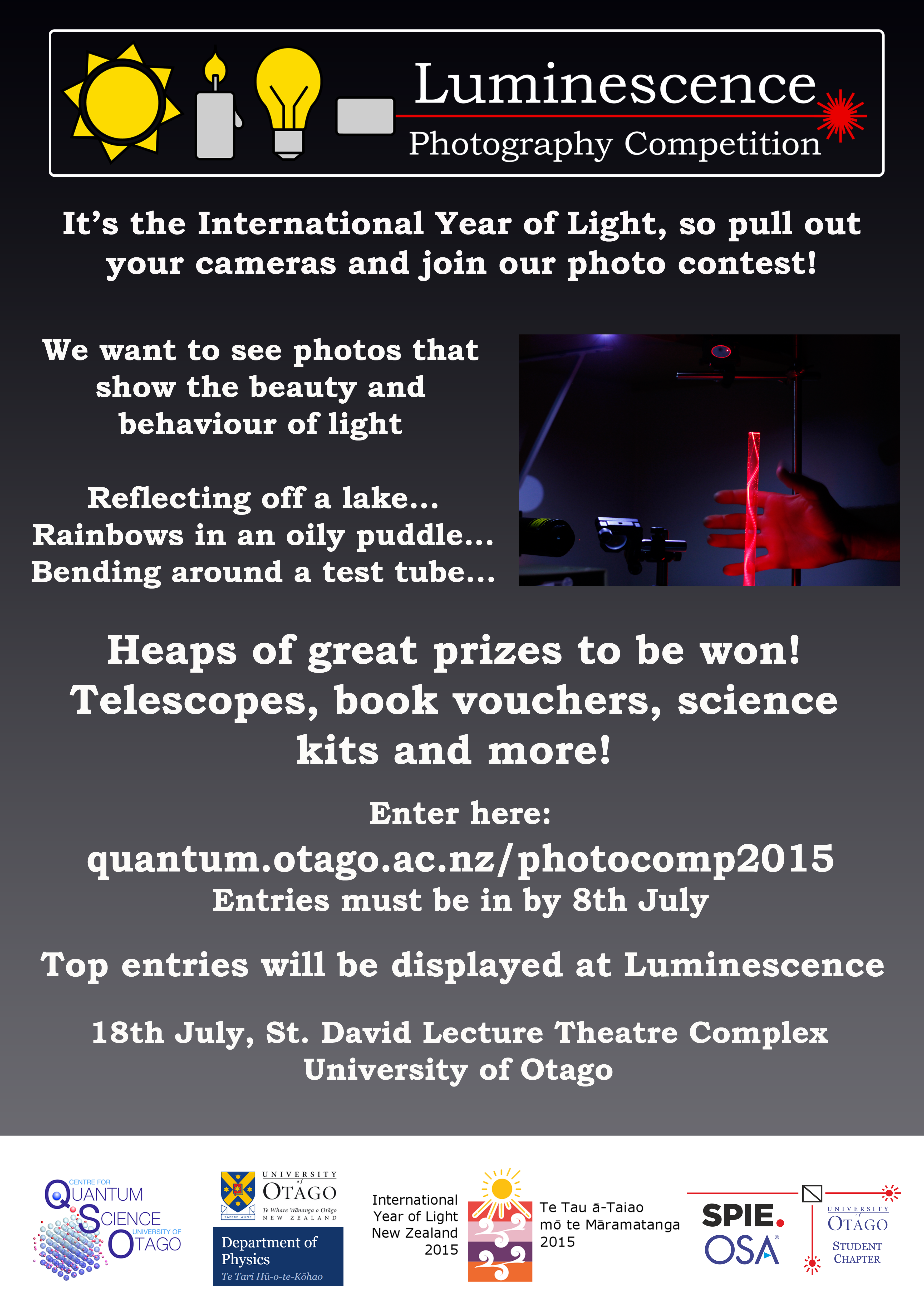

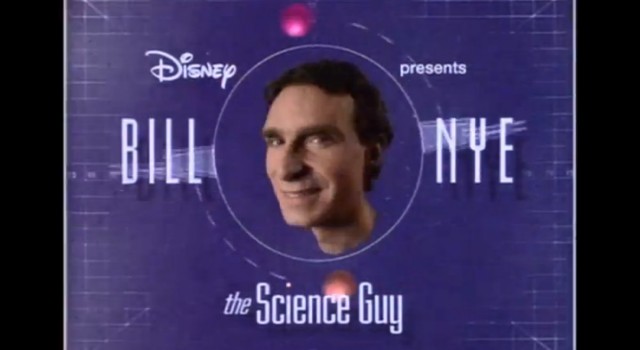
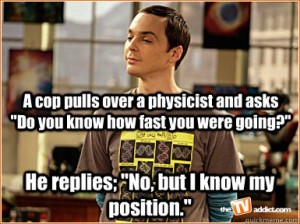
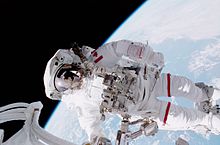
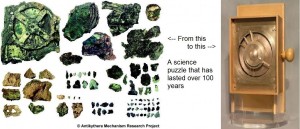



Recent Comments